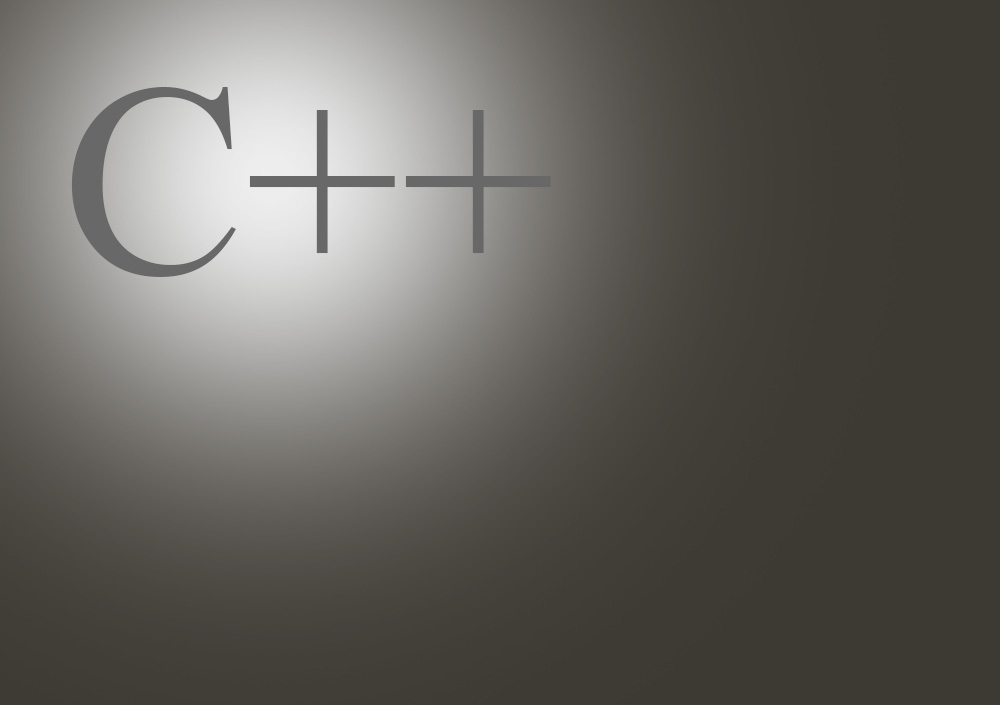At the end of the course, the participant will
- Learn what Is Object Oriented Programming
- Learn to write C++ programs
- Be able to explain the different components of Object Oriented Programming
Boost your programming skills with the C++ Programming Course at Aptech Computer Training, located in Dubai & Sharjah. Designed for both beginners and experienced programmers, this course covers core C++ concepts and real-world applications. Learn to develop high-performance code for software, game development, and embedded systems. Earn a KHDA-certified C++ Programming Certificate to enhance your career prospects.

At the end of the course, the participant will
Indentify the interaction constructs
Discus some important Header files
Use Pointers to objects
Define and use Constructors
Define and use Destructors
Define the ‘’Const’’ keyword
Define and use the’’ this’’ pointer
Describe how objects and functions are arranged in memory
Describe type conversations using
Describe Operator Overloading
Describe overloading of the Assignment operator
Describe copy Constructors
Describe conversation functions which help in conversion
Identify operators that cannot be overload
Describe Multiple Inheritance
Describe Virtual Base Classes
Use Pointers to objects to access Member functions
Describe Virtual functions
Describe Polymorphism
Describe Dynamic binding
Describe pure Virtual functions
Describe Abstract classes
Describe Virtual Destructors
Enhance your programming expertise with the C++ Programming Course by Aptech Computer Training, a trusted training institute with locations in Dubai & Sharjah. Recognized for its high-quality training and KHDA-approved certifications, Aptech provides you with a solid foundation in C++ programming, one of the most powerful and versatile programming languages in the tech world.
At Aptech Computer Training, our course is designed to cater to beginners and experienced programmers alike, aiming to enhance their skills in C++ programming. By joining this program, you will gain the knowledge and skills required to excel in various fields, including software development, game development, embedded systems, and performance-critical applications.
Through expert guidance and hands-on training, you will learn how to write efficient, high-performance code and apply your skills to real-world scenarios. Whether your goal is to build applications from scratch or optimize existing systems, this course provides the essential skills you need.
Upon successful completion of the course at Aptech Computer Training, you will receive a KHDA-attested C++ Programming Certificate, enhancing your professional credentials and boosting your career prospects in the competitive job market.
Write a public review